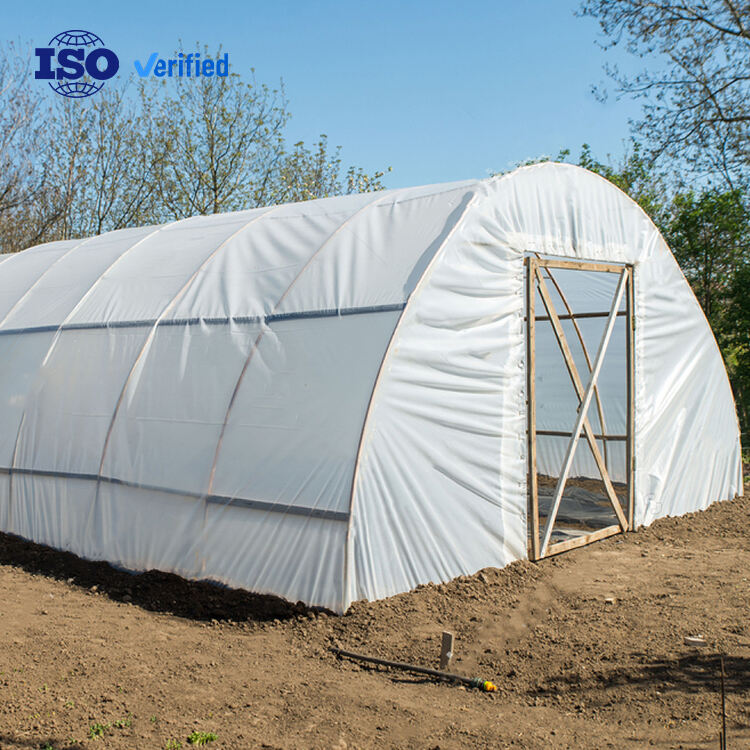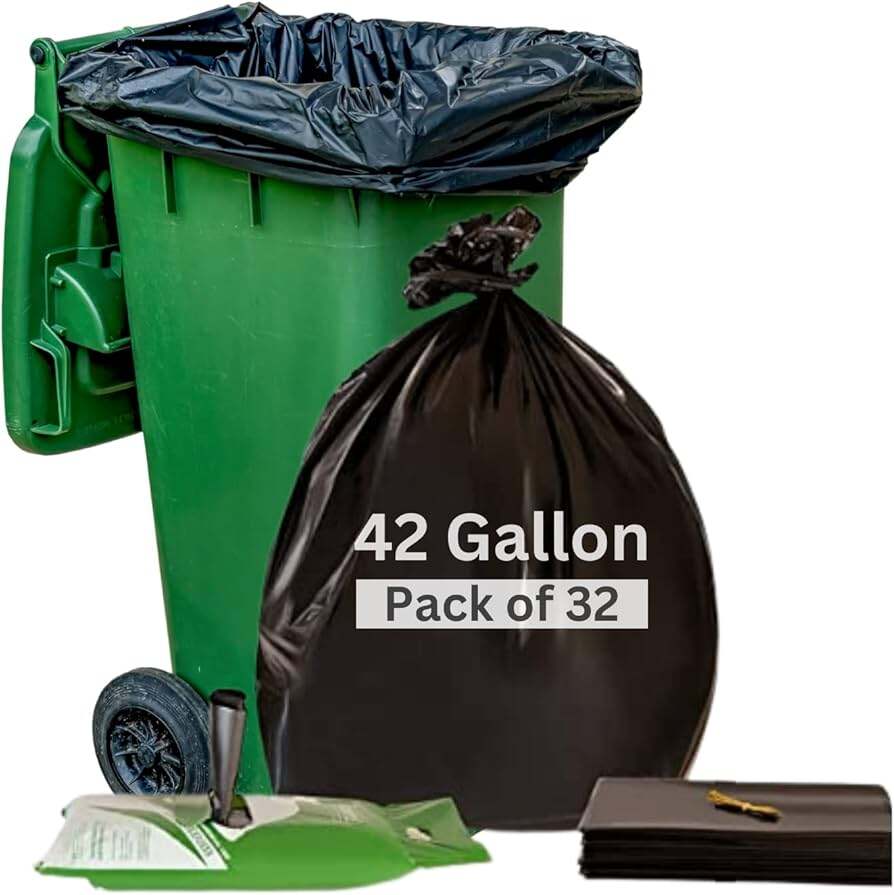biodegradable plastic mulch
Biodegradable plastic mulch represents a revolutionary advancement in agricultural technology, combining the effectiveness of traditional plastic mulch with environmental sustainability. This innovative solution is specifically engineered to provide optimal growing conditions while naturally decomposing into non-toxic components after its useful life. The mulch is manufactured using bio-based polymers and organic compounds that maintain structural integrity throughout the growing season but break down through natural soil processes. It effectively controls weed growth, maintains soil moisture, regulates soil temperature, and reduces the need for chemical herbicides. The material is designed to last between 3 to 6 months, depending on environmental conditions and specific agricultural requirements. Its thickness typically ranges from 0.6 to 1.0 mil, providing adequate strength for mechanical installation while ensuring complete biodegradation. The mulch creates an optimal microclimate for root development and plant growth while preventing soil erosion and reducing water evaporation by up to 70%. Additionally, it promotes earlier crop maturity and increases yield by maintaining consistent soil conditions. This technology has been successfully implemented across various crops, including vegetables, fruits, and ornamental plants, demonstrating its versatility in different agricultural applications.


